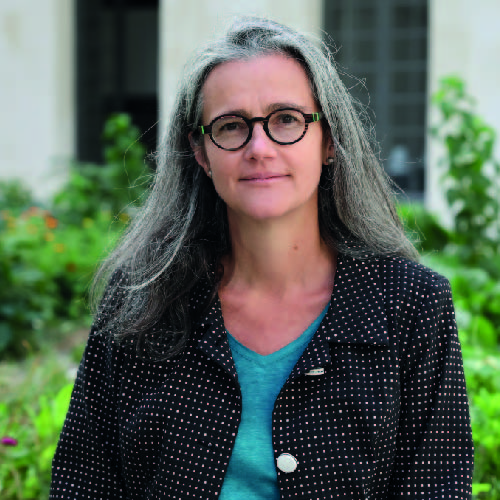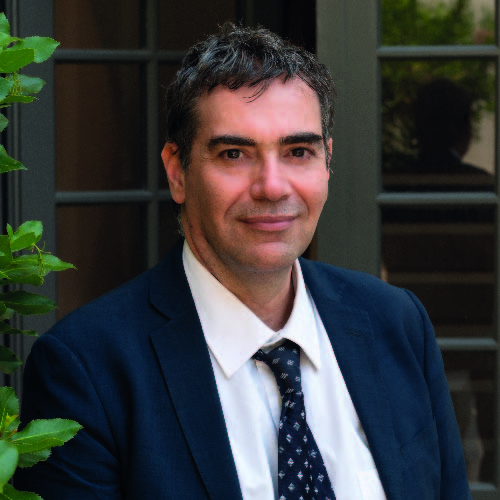AESOP 2024 ANNUAL CONGRESS | TRACKS
36th AESOP Annual Congress 2024 Paris, France
“GAME CHANGER? Planning for just and sustainable urban regions”
Track 02: Property Markets
Planning, Financialization, and Private Actors
Chairs:
- Matthieu Gimat, Université Paris 1 Panthéon-Sorbonne
- Tuna Tasan Kok, University of Amsterdam
- Petra Samaha, Sciences Po Paris
In the context of rising housing prices during the last decades, public actors found new ways to use planning to regulate property markets, for instance, by imposing affordable housing in new residential developments through inclusionary housing programs. At the same time, planning has been seen as a way to promote growth in property markets, notably by encouraging projects amenable to international capital or secure real estate values in increasingly volatile markets. With the growing interest of financial actors (such as sovereign wealth funds, pension funds, insurers, and investment trusts) for real estate, the regulatory capacity of planning is particularly under scrutiny as these actors' strategies have been linked to increasing rents, evictions, and rapid social change. The growing size of their portfolios also makes these actors central for implementing rehabilitation and urban renewal policies, which are essential to bringing carbon emissions to net zero. This track seeks to explore the intersections of planning, governance, and property studies, with a specific emphasis on critical perspectives that examine how planning systems, including regulations, grapple with the challenges posed by financialisation in contemporary urban environments. However, within planning scholarship, there is untapped potential for further exploration of property actors, their strategies, and their relative positions in relation to regulations. We welcome theoretical, methodological, and empirical contributions that address the following key themes.
Public Planning Mechanisms and Financialisation: Papers in this category should investigate how public planning mechanisms and institutions respond to cities' financialisation. We encourage critical examinations of regulatory frameworks, policy responses, and their implications for urban development.
Emerging Adaptive Planning Strategies: This theme seeks to explore the innovative and adaptive planning strategies that are emerging in response to the challenges posed by property-led planning and financialisation. Contributions should illuminate novel approaches, tools, and practices that planners employ.
Relational Dynamics among Public, Private, and Community Actors: While our primary goal is to shed light on lesser-known actors, such as property developers and investors, and their relational positions within urban planning coalitions, we also invite abstracts that delve into the complex relationships among public sector actors, private developers, and local communities in the context of property-led urban developments. This theme encourages in-depth analyses of power dynamics, collaborative efforts, and conflicts among these key stakeholders.
Gender Balances in Property Coalitions: Specifically, we are interested in studies that investigate gender dynamics within property-led urban development coalitions. How do gender imbalances influence decision-making processes and outcomes in urban development projects?
Global Perspectives: We encourage submissions that offer insights from low and middle-income countries, exploring how they experience similar financialisation trends in urban development. Comparative studies and cross-cultural perspectives are particularly welcome.
Keywords: Financialisation, financial actors, adaptive planning strategies, property-led planning, property developers and investors, property-led urban development coalitions
LOC
The Local Organising Committee













